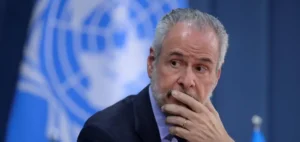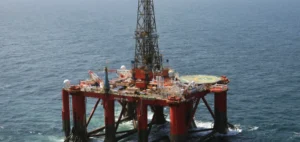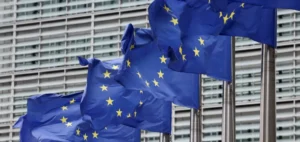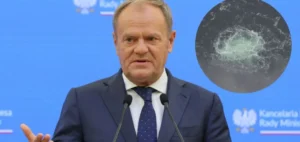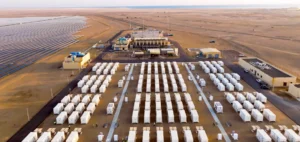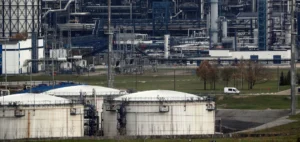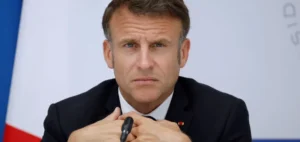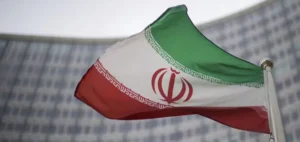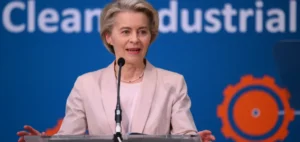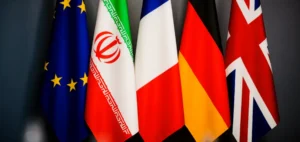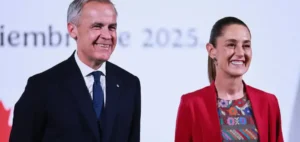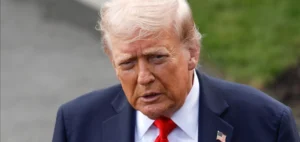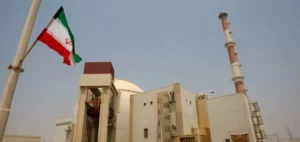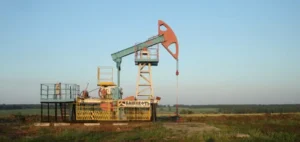The origin of the sabotage of the Nord Stream gas pipelines remains uncertain, a Swedish prosecutor involved in the investigation said Thursday. “Our main hypothesis is that a state is behind” this sabotage, said Mats Ljungqvist in a statement.
Who is responsible for this? It’s “still not clear,” the prosecutor added. Washington and Moscow have denied any responsibility and have accused each other of being behind it. “It is a difficult case. It is a complex case,” continued the magistrate, emphasizing that the facts took place “at 80 m depth in the Baltic Sea”. Those responsible must have acted “knowing full well that they would leave a trail behind”, he also said.
Nearly six months after the explosions that hit the Nord Stream 1 and 2 gas pipelines, the responsibility for the underwater attack remains a mystery despite criminal investigations in the countries of the region (Germany, Sweden and Denmark). At the end of March, Denmark announced that it had recovered a cylindrical object spotted near the sabotaged Nord Stream 2 gas pipeline that turned out to be a smoke buoy. A representative of the owner company Nord Stream 2 AG, in which Russia’s Gazprom is the majority shareholder, had participated in the recovery.
At the beginning of March, Germany announced that it was investigating a boat suspected of having brought the explosives to the site, without yet being able to draw any conclusions about the identity of the perpetrators. The New York Times had affirmed at the beginning of March, on the basis of information consulted by American intelligence, that a “pro-Ukrainian group” would be at the origin of the sabotage, but without the involvement of the Ukrainian president Volodymyr Zelensky.
Rare certainty, this sabotage is linked to the invasion of Ukraine by Russia. The operation affected a Russian gas export infrastructure, although it was inactive at the time of the incident. For years, the two pipelines have been at the heart of geopolitical tensions, fanned after Moscow’s decision to cut off gas supplies to Europe in alleged retaliation for Western sanctions.








